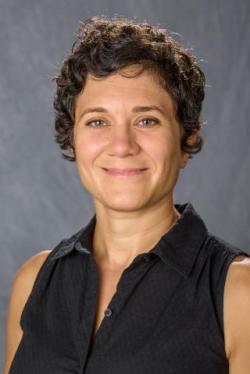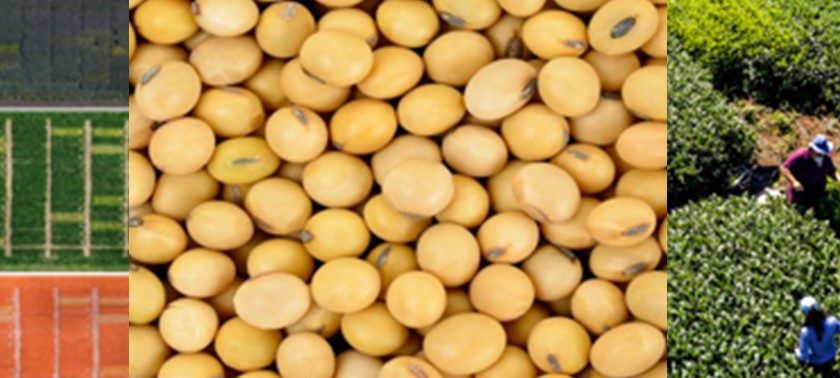The seminar has been postponed. We will shortly announce the new date and time.
On Friday March 24, at 1:00 p.m., Montse Salmerón will present a seminar at the Aula Dei Experimental Station (CSIC). Montse Salmerón is Assistant Professor of grain crop eco-physiology and modeling in the Department of Plant Science at the University of Kentucky, in the United States. The seminar will be held by teleconference, and can be followed from the Aula Dei auditorium or remotely, through this link.
Montse Salmerón developed her doctoral thesis at the Center for Agrifood Research and Technology of the Government of Aragon (CITA), under the direction of doctors Ramón Isla and José Cavero. Her thesis, defended in 2011 At University of Lleida, was titled “Strategies to optimize the use of nitrogen in extensive irrigated crops in the Ebro Valley”.

At her University of Kentucky Lab, Montse Salmerón is studying the interactive effects of environment, management, and crop genetics on the productivity and sustainability of grain cropping systems. She addresses this complex question with a multi-disciplinary approach that integrates agronomic and hypothesis-driven eco-physiology research with the use of crop simulation models. Main research questions in her lab try to fill knowledge gaps in soil-plant-atmosphere interactions and plant processes that ultimately determine yield and grain composition.
The research presented will include different multi-site collaborative projects as well as an international research initiative, with major focus on soybean. Soybean is a major grain crop and most widely grown legume worldwide. While average U.S. soybean yields have increased over time, the historical decline in seed protein concentration is a pressing concern. In addition, yield projections for this crop simulated by crop models show high uncertainty due to differences in how models respond to temperature, CO2, and how they simulate evapotranspiration and water stress.
Multi-site trials were conducted to investigate the mechanisms involved in seed protein determination at the plant and canopy level employing a systems approach that considers C and N cycling, as well as measurements of N2 fixation. Results indicated that soybean yield and seed protein concentration is limited by the inability of biological N fixation to keep up with high rates of crop N demand in modern cultivars of high yield potential. Her also provide evidence that differences in the crop N status of a legume crop in response to cultural practices can be assessed with crop indices obtained from aerial imaging. Lastly, Montse Salmeron will share key findings from multi-model studies evaluating different soybean models for climate change applications and for the simulation of evapotranspiration.
This seminar will disseminate the latest work of a researcher trained in the RAMA group, who is currently conducting research on the crops that sustain food security in the world.
Resources:

